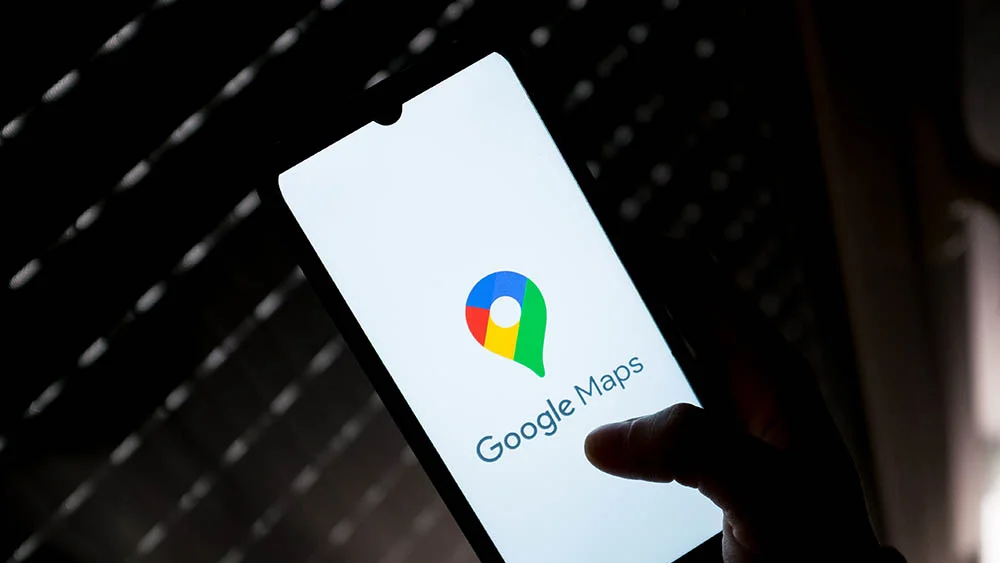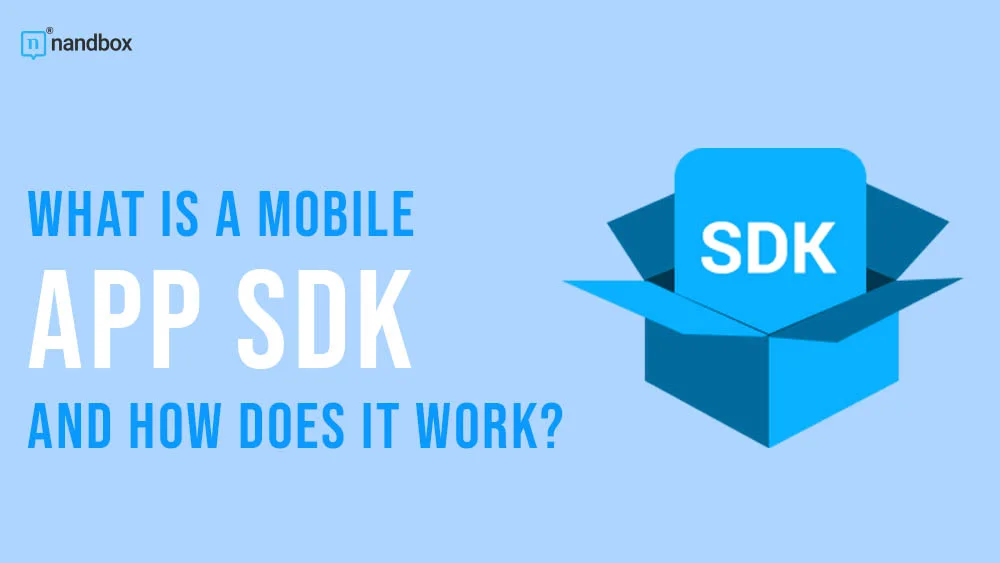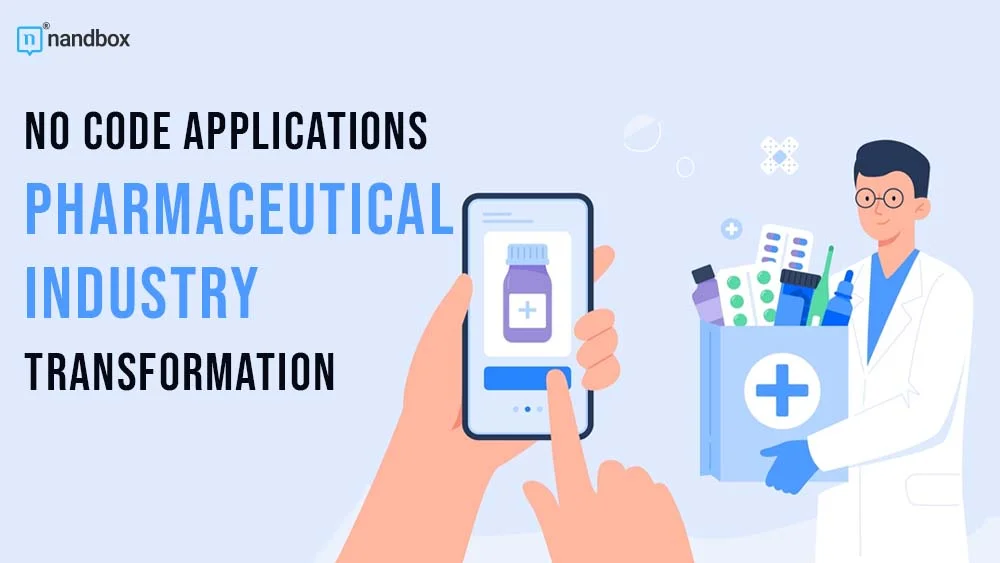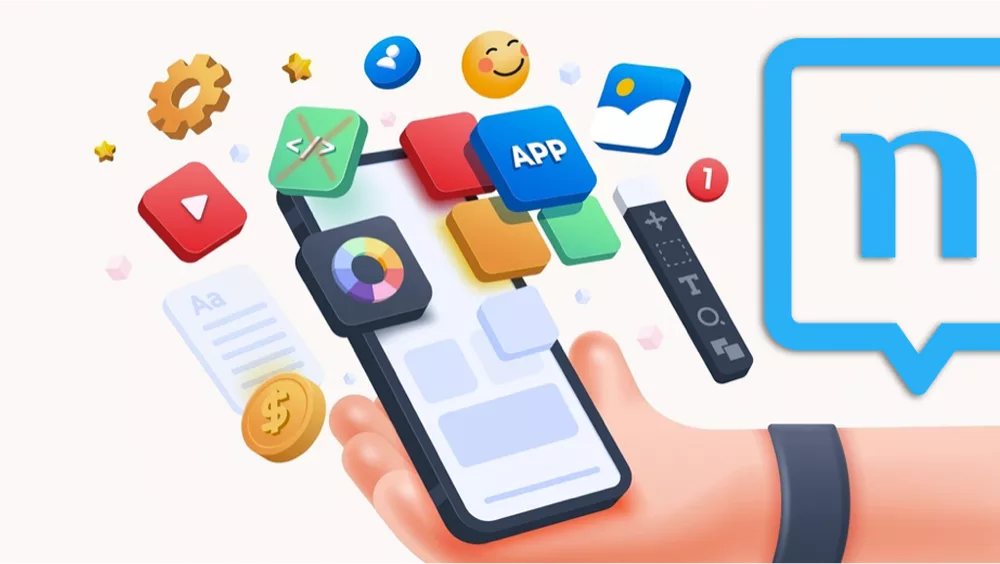Imagination time! Let us assume that you are a solo traveler and that you decide to hike one day. Well, you are definitely going to pack a kit that contains everything you need; you can’t disregard even an item. Remember, every component matters. You have your flashlight, water, food, extra clothes, robes, etc. Imagine if you forgot the whole kit; you wouldn’t be able to function. This kit is your lifesaver, as it makes it easier to go through your journey. You are probably asking, “In what way does hiking relate to SDK? Great questions. The mobile app SDK literally has the same function that a hiking kit has. It makes the app development process easier and more efficient for developers. So, keep reading this article to learn more about the mobile app SDK and how it significantly enhances app development.
What Is SDK
Among the many tools and resources available for developers, the mobile app SDK is one of the most important tools that many developers rely greatly on. A mobile app SDK, or software development kit, is a collection of tools, codes, and resources necessary for development. The SDK’s first and foremost aim is to simplify the development process for developers. It is important to notice that the mobile SDK guides the developer through the development process on a particular platform. This means that each platform and operating system has a different SDK that matches the requirements and tools needed.
Mobile app SDKs usually come in two types or forms: open-source SDKs and closed-source SDKs. An open-source SDK is a public SDK made on the platform of an operating system that can be used and accessed by any developer on the internet. A closed-source SDK is the complete opposite. As it is a private software development kit and can’t be accessed or used by anyone. They are usually made available for a subscription or fee.
Components of SDK
As we mentioned earlier, a mobile app SDK is a collection of tools and elements needed in the development process. Every SDK differs in the number of components it includes, as the requirements vary from one operating system and device to another. However, there are five components that we can pretty much say are fundamental, which are:
I. Coding Samples
The first component in the mobile app SDK is the coding samples. They are references or examples that developers can use while writing code for their applications. These samples specify all the instructions needed to write code for certain commands, as well as the programming languages needed for specific operating systems.
II. Libraries
Next up are libraries. Libraries are one of the most vital components in the SDK and for developers in general. Libraries usually contain pre-built lines of reusable code made for a specific platform that the developer could use. These lines of code run one or more functions and they are used to make the development process quicker and simpler.
III. Documentation
SDKs come with comprehensive documentation that provides instructions, guidelines, and examples on how to use the SDK’s features and functionalities. The documentation explains the purpose and usage of each component, API references, code samples, and best practices. It helps developers understand how to integrate and leverage the SDK effectively in their applications.
IV. Debuggers
Debuggers are a must-have in any SDK and are very important components for developers. They are tools that help developers identify and fix any errors and bugs in the code. This helps developers quickly solve problems and make any necessary modifications to ensure that the app runs smoothly and properly.
V. APIs
The last important component of the mobile app SDK is the API. API, or application programming interface, is a set of functions that allow different software and applications to communicate with or interact with one another. It helps developers expand their applications’ functionalities and makes it easier to customize applications.
Mobile App SDK vs. API
One of the greatest comparisons associated with mobile app SDKs is the difference between APIs and SDKs. As we mentioned above, the SDK is a comprehensive kit that provides developers with all the necessary tools and resources that they will need along their development journey. These tools vary in their purpose, significance, and functions. APIs are simple interfaces that give applications the privilege of being able to communicate with other applications and exchange information smoothly. The mobile app SDK is a much more complex and advanced system that contributes to developing an application as a whole, and it also includes APIs as one of its components.
Importance of SDK
Streamline the Development Process
One of the biggest benefits of using SDKs in mobile app development is that they can help streamline the development process. SDKs provide pre-built code and libraries that can be easily integrated into your app, saving you time and effort. This means you can focus on building the unique features of your app, rather than spending time on basic functionality. Additionally, SDKs can help ensure that your app is compatible with different devices and operating systems, reducing the risk of bugs and errors. Overall, using SDKs can help you create a high-quality app in less time, giving you a competitive edge in the market.
Improve Productivity and Efficiency
SDKs are a powerful tool for improving productivity and efficiency in mobile app development. By providing pre-built code and libraries, they can help developers save time and focus on building unique features. Additionally, SDKs can ensure compatibility with different devices and operating systems, reducing the risk of bugs and errors. This can lead to a faster development process and a higher-quality app, giving developers a competitive edge in the market. Overall, using SDKs is a smart choice for any mobile app developer looking to improve their productivity and efficiency.
Fast Adaptability to New Technologies
One of the key benefits of using SDKs in mobile app development is the ability to quickly adapt to new technologies. As the mobile landscape evolves, new devices and operating systems are constantly being introduced. With SDKs, developers can easily integrate new features and functionality into their apps without having to start from scratch. This not only saves time and resources but also ensures that the app stays up-to-date and competitive in the market. By leveraging the power of SDKs, developers can stay ahead of the curve and deliver high-quality apps that meet the needs of their users.
Top Mobile App SDK Examples
Facebook SDK
Social media features are now a part of every app. The easiest way for developers to include robust social media features is to get their hands on the Facebook mobile app SDK. This SDK makes it simple for developers to integrate Facebook’s registration, communication capabilities, and analytics tools into their mobile applications. There are more than 2 billion monthly active Facebook users, so developers who make use of this SDK will have a greater chance of attracting and retaining customers.
Google Maps SDK

Maps are now a part of many apps like ride-hailing apps, food delivery apps, and local school apps. Developers looking to include location-based features in their mobile apps will find the Google Maps Software Development Kit (SDK) to be an invaluable resource. This SDK makes it simple for developers to add many services like real-time map tracking, geolocation, and navigation to their apps. This improves the user’s experience, as they can now use the app to get accurate directions anywhere in the world. Google map includes billions of data included on the map which makes it a great addition to any application
Shopify SDK
E-commerce apps are now everywhere, which makes developers more eager and demanding for tools and resources to make developing them easier. One SDK that has proven useful in simplifying the development of robust e-commerce apps is Shopify’s mobile app SDK. This SDK makes it simple for developers to include Shopify’s powerful e-commerce platform in their mobile apps, allowing users to explore and purchase things with one simple click. The SDK is a fantastic option for developers who want to build powerful e-commerce apps, as it contains all the necessary features like secure payment processing, checking out, and order tracking.
Open AI SDK
As we mentioned earlier, SDKs are great, especially when it comes to adapting to new technologies. So, when it comes to artificial intelligence, the Open AI SDK for mobile apps is a vital tool for developers. This SDK makes it simple for developers to add capabilities like natural language processing, image recognition, and machine learning to their programs. This helps developers expand their app’s functionalities with the amazing capabilities of artificial intelligence
Final Thoughts
As the demand for apps increases, more tools emerge to make the development process for developers even simpler. SDKs are not limited to the traditional development process; they can also be used in the no-code and low-code development processes to integrate new features and functions into the applications. For example, the nandbox app builder, which is the only native app builder on the market, allows developers to use SDKs to integrate many functions and capabilities, like AI and ML. This, of course, is in addition to all the robust features already included in the nandbox library. It is a great step to think about developing your own app. However, it is even more important to develop it in the right place with the right SDK.





